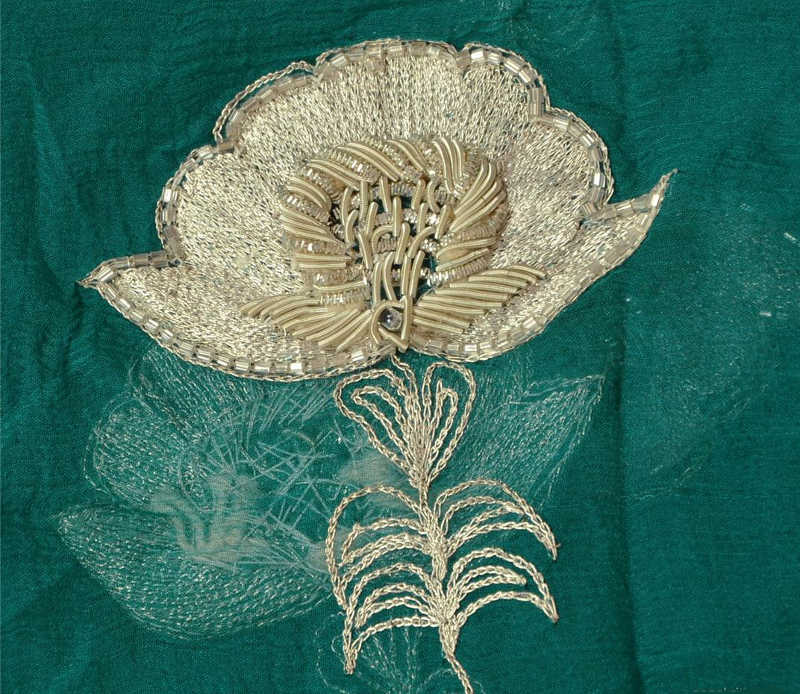===
0485,
3
===

=== |
 |
ʿālam : 'The world, the universe; men, people, creatures; regions ... — age, period, time, season; state, condition, case, circumstances; a state of beauty; a beautiful sight or scene'. (Platts p.757)
yāñ is short for yahāñ
auqāt : 'Times, hours; circumstances, state, condition; means, resources, power, ability'. (Platts p.106)
FWP:
SETS == GENERATORS
MOTIFS == DREAM; SCRIPT EFFECTS
NAMES
TERMS == AMBIGUITYOn the special status of this ghazal, see {485,1}.
This verse, with its brilliant use of the us / is undecideability, reminds me of Ghalib's famous verse in which he does a similar trick with udhar / idhar :
G{43,3}.
It's poetically convenient that in Urdu one 'sees' a dream [ḳhvāb dekhnā], rather than merely 'having' one as in English. This usage provides excellent nuances of implied analogy with what one 'sees' when awake. And of course it's also convenient that ḳhvāb can mean both 'dream' and 'sleep'. Thus being enjoined to 'open the eye of the heart' can have a range of meanings-- to 'wake' from a dream into (what?) reality, to 'wake' from sleep into awareness (of what?), to 'wake' from (dreamingly?) using one's mere physical eyes into using the 'eye of the heart' (how, and to see what?).
The permutations go on and on, and of course their range of possibilities is doubled by the choice between 'that' and 'this' which we're constantly forced to make for each reading. By no coincidence, the second line goes supremely well, in all kinds of ways, with whatever combination of choices we make.
If the auqāt -- and of course we have the full range of meanings of auqāt at our disposal (see the definition above)-- that exist 'here' (in the human world? in the natural or physical world?) are like a dream, is this a fixable problem ('Open the eye of the heart!'), or an unfixable one ('Turn your attention to 'that' world instead!')? And of course the multivalence of ʿālam itself contributes handsomely to the ambiguity (see the definition above).
Really the short meter and long rhyme and refrain are a help to the verse rather than a constraint, because they make the most radical, fascinating, inexhaustibly provocative kinds of multivalence easier to create and sustain. Easier, that is, if you're Mir. This fourteen-word verse is a real meaning-machine, a 'generator' from which almost endless interpretive possibilities can be spun out. I agree with SRF that it's one of Mir's finest.